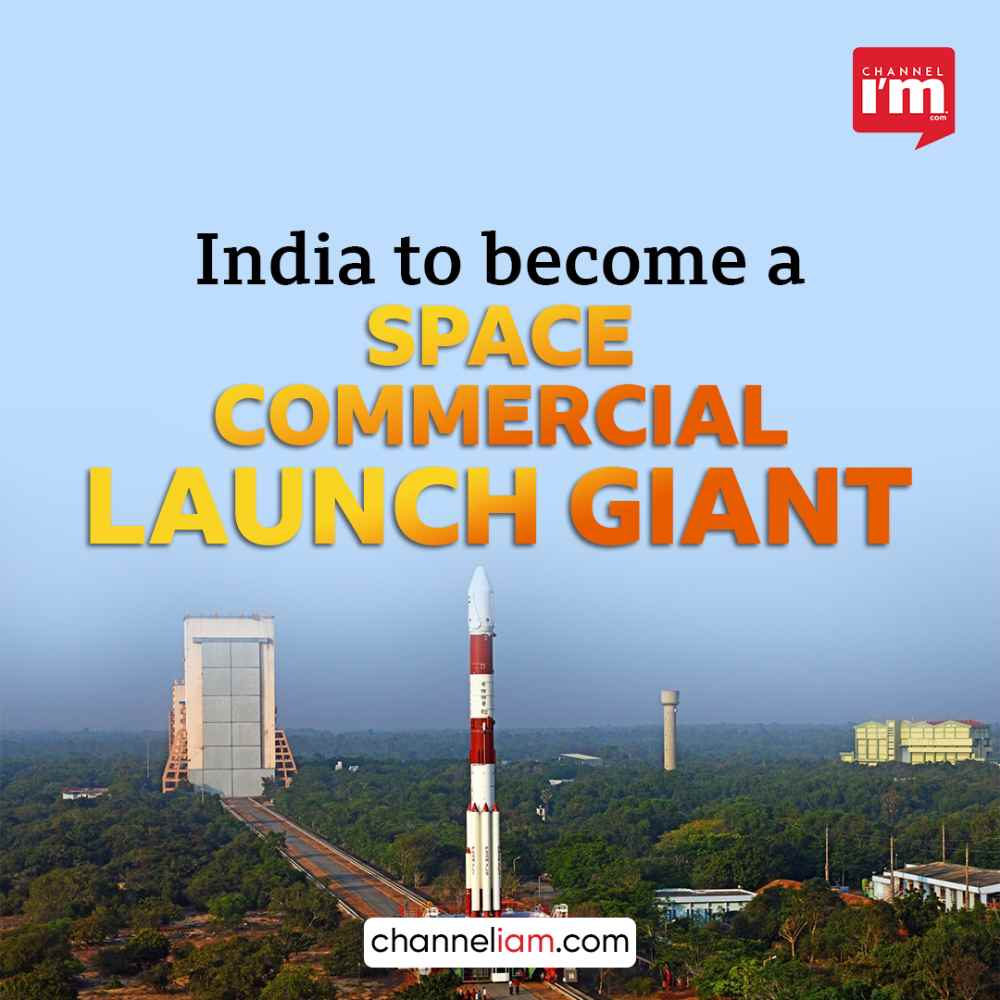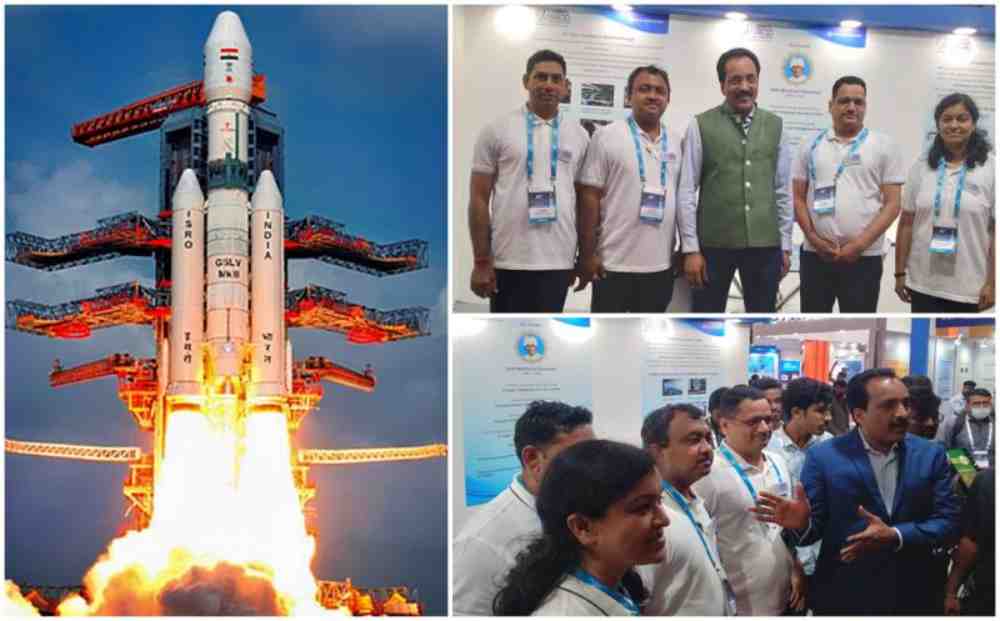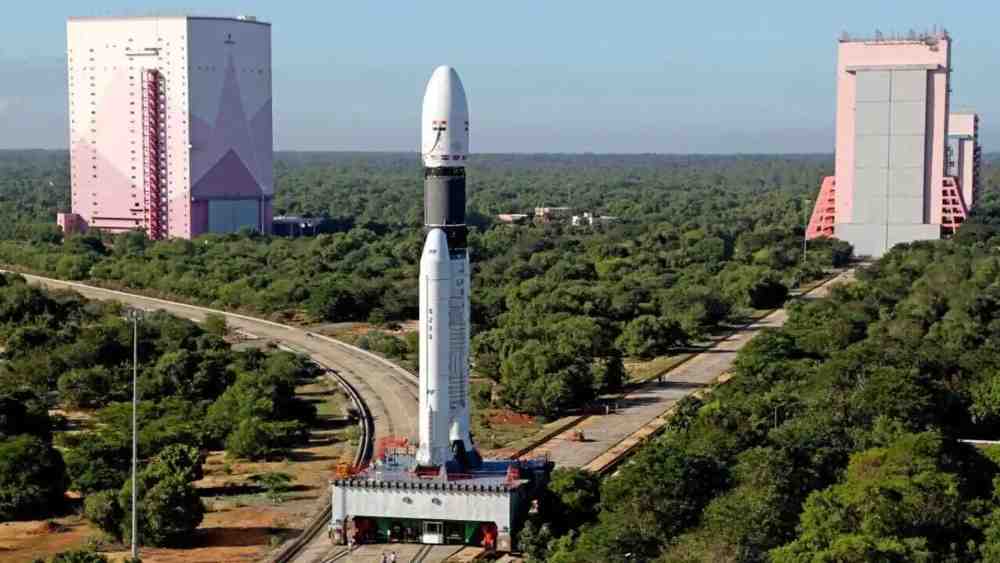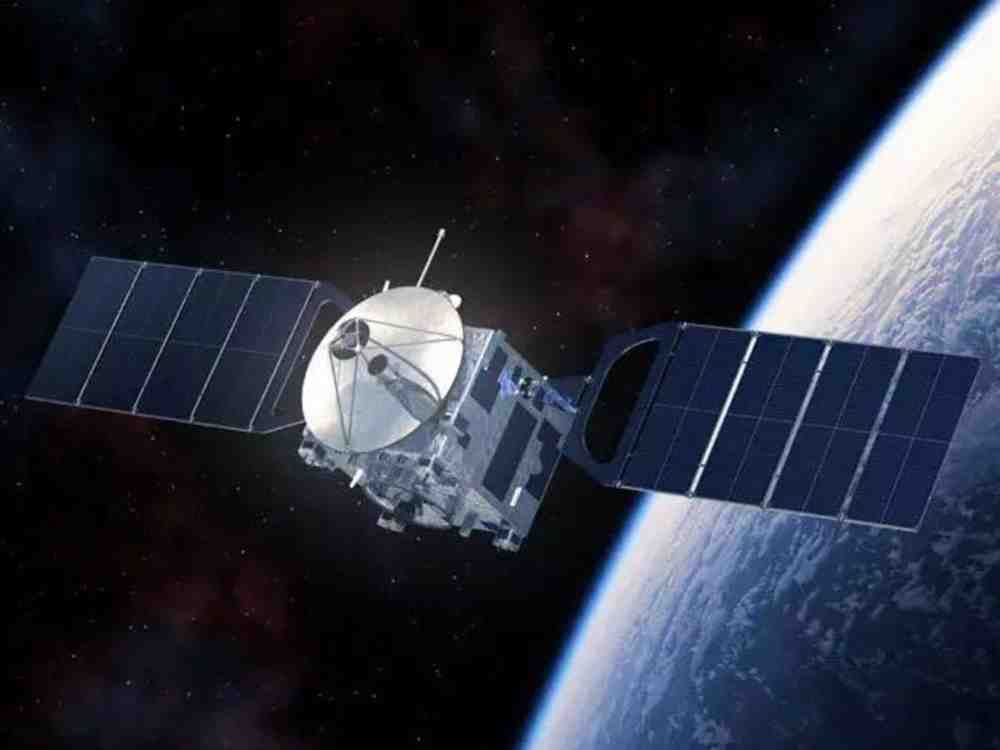- India to become a space commercial launch giant, The next-gen launch vehicle will soon follow the SSLV.
- India’s Space Startups and Private Manufacturing Sector are highly anticipated.
- OneWeb launches 239 satellites on GSLV rocket in the second week of March
- A launch market target of Rs.1 lakh crore by 2025
- SSLV is the cheapest launch rocket in the world. Just 35 crores per launch.
The SSLV is capable of launching small satellites into space every week. With the successful launch of SSLV India, the global space sector is eyeing India. And India’s space startups and private manufacturing sector are highly anticipated. The rockets that India has prepared to launch small private payloads into space at a low cost will also make India a critical force in the space-related commercial sector. With this, ISRO has SSLV for satellite launch in India’s space missions. Three powerful rockets namely SSLV, GSLV and PSLV.

ISRO Chairman S. Somnath responded that “learning from the failure of the first launch is the success of the second mission of SSLV. In this successful context, the launch of 239 satellites of ONEWEB using the GSLV rocket on March 2 will be conducted weekly.

The launch centre ,SS at Kulasekharapatnam in Tamil Nadu, will be built exclusively for SSLV construction. There is also a plan to hand it over to the private sector. NGLV and SSLV will give importance to space startups in India and private companies in the space construction sector along with the public sector.
Next-Gen Launch Vehicle (NGLV)
Commercial satellite launches will now be powered by SSLV, a small rocket capable of launching small satellites into space every week. The Indian Space Research Organization (ISRO) is developing a Next-Gen Launch Vehicle (NGLV) that will outperform systems like the Polar Satellite Launch Vehicle (PSLV). ISRO Chairman S Somnath had disclosed this months ago.

India’s Next Gen Asset – NGLV
The Next-Gen Launch Vehicle (NGLV) will replace ISRO’s trusted PSLV. This will enable ISRO to launch heavier satellites into orbit in the field of commercial satellite launches. A business model will be developed to meet the objectives of NGLV. This will include launching commercial satellites and national missions as well as ensuring industrial participation of the rocket from the start. Potential uses for NGLVs include communications satellite launches, deep space missions, future human spaceflight, and cargo missions.
In NGLV, ISRO is developing a three-stage, reusable heavy-lift vehicle from orbit with a ten-tonne payload capacity to Geostationary Transfer Orbit (GTO).The NGLV semi-cryogenic propulsion system uses liquid oxygen as the oxidizer and refined kerosene as the fuel for cheap and efficient booster stages.The NGLV will feature a simple and robust design that ensures bulk manufacturing, modularity in systems, easy staging and short turnaround time to space.The ISRO Chairman had stated that as long as there is a commercial need for PSLV, it will not be abandoned.
SSLV is not a trifle
Just three days are sufficient to prepare the rocket. It will be ready for launch within a week.

Solid fuel in three parts. The system will be ready in four days with liquid fuel in the fourth velocity trimming module. India is targeting a Rs 1 lakh crore ($12.8 billion) market by 2025. ISRO’s commercial target space launch market is most in demand where lightweight satellites are launched into space. SSLV is the cheapest launch rocket in the world, costing just 35 crores per launch. 160 crores to launch the PSLV at a mere $4.4 million.India spent 169 crore rupees to develop the SSLV rocket.
India’s 500 kg earth observation satellite EOS-07, America’s Antaris firm’s Janus-01 and Space Kids’ Azadisat-02 were also launched at an altitude of 500 km. Azadi SAT 2 weighs only 8.7 kg.
Along with the 75th anniversary of Independence, the NCC song will also be played in space from the Azadisat 2 satellite made by 750 students from 75 schools.Ham radio systems are also equipped to understand radiation and heat transfer. Kerala can also be proud of the success of Space Kidz Startup. The female students of Thrissur Kodungallur Azhikode Seethi Sahib Memorial Higher Secondary School and Malappuram Mankada Cheriyam Govt. High School participated in the formation of Azadi SAT from Kerala.
